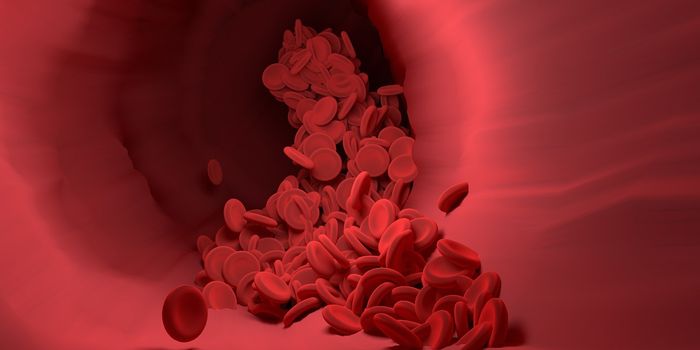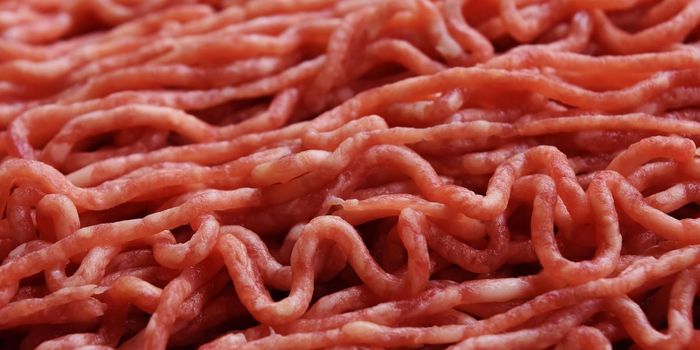Processed Foods Studied In Controlled Environment
Most of us believe that processed food is terrible for our health. You may be surprised to hear that a recent experiment from the National Institute of Diabetes and Digestive and Kidney Diseases (NIDDK) on that very claim was the first of its kind.
Nutritional studies are notoriously difficult to control. This is true for a variety of reasons, including the many other factors that contribute to a person's overall health. Additionally, when a person leaves the watchful eyes of a researcher, they can consume whatever they would like, and the person studying them would be none the wiser.
For this particular study, volunteers were kept in the National Institute of Health (NIH) Clinical Center for 28 days straight. The group of study subjects was made up of ten male and ten female volunteers.
During their stay, participants were fed a prescribed diet for every single meal. For the first two weeks, half the group was fed a diet rich in vegetables, whole grains, and other whole foods. The other half of the group was given ultra-processed foods. After two weeks, the groups swapped diets. All meals offered during the study were roughly twice the calories requirement, and volunteers were instructed to eat as much or as little as they would like.
What researchers found was that those eating the ultra-processed foods ate an average of 508 more calories per day. This type of overeating, if made regular, can have many negative health consequences, including a higher risk of heart disease, type 2 diabetes, and colorectal cancers.
The above video from the Mayo Clinic will help you to identify ultra-processed foods and distinguish them from less processed, healthier options.
Sources: Mayo Clinic, Cell Metabolism, National Institute of Diabetes and Digestive and Kidney Diseases









